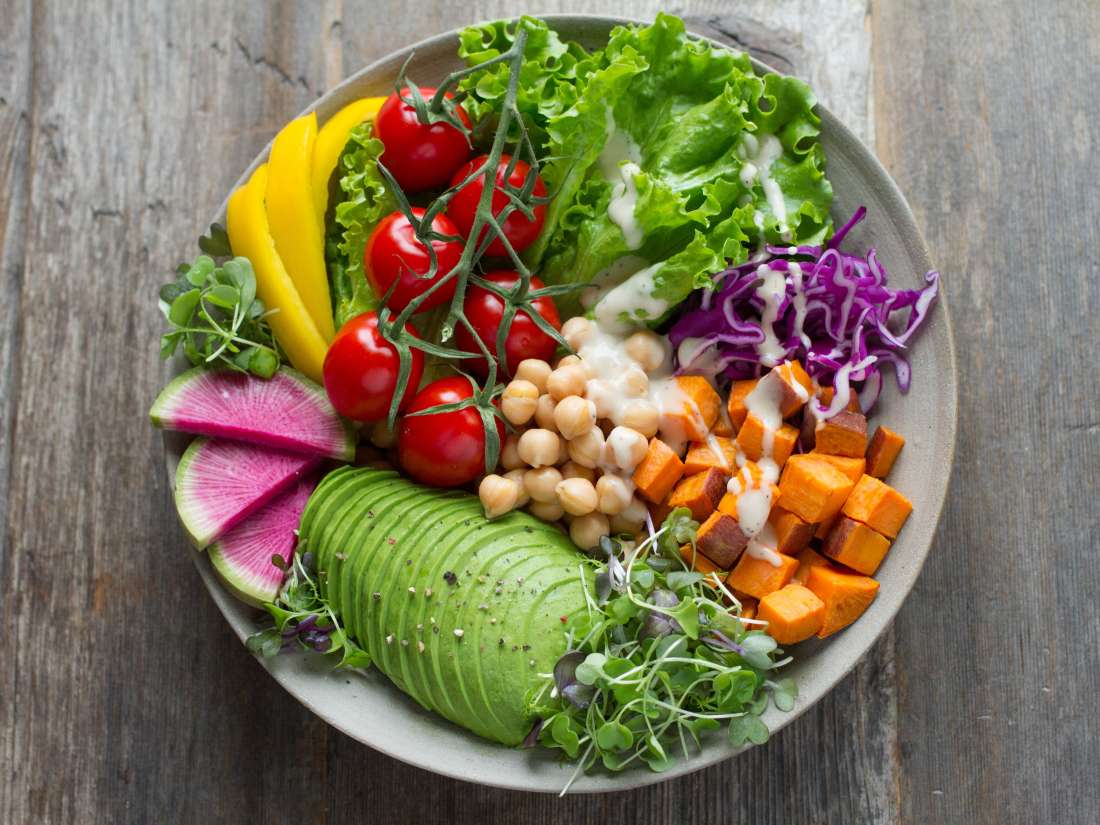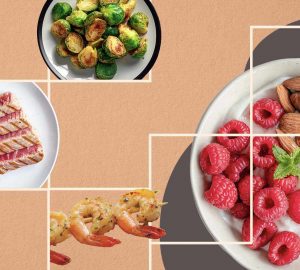The road to a healthy lifestyle is something vegetarians take seriously. It is not easy to cut red and white meat from your diet, but going vegan also comes with lots of health benefits.
Some people who are on a vegan diet wants to improve their longevity while avoiding risks to diabetes, heart diseases, high cholesterol, and cancer. While it is true that this diet is indeed healthier, there are some nutrients and minerals that are not present on vegan food. Instead of being active and healthy, certain vitamin deficiencies can make vegans ill in the long run.
To prevent this from happening, here are tips to help you get healthy nutrients while going vegan:
Maintain Calcium Intake With Dairy Alternatives
To keep your bones and teeth durable and strong, one must consume one of the essential minerals needed for growth — calcium. Most people consume milk, cheese, and other dairy products to reach the recommended amount of calcium to avoid bone density loss. Bone conditions, such as osteoporosis, is linked to calcium deficiency. Without sufficient amounts, it can make the bones in your body porous and fragile.
You can choose to purchase and consume vegan milk that is fortified with calcium, or you can eat vegetables like turnips, collard, bok choy, broccoli, as well as black beans and soybeans. If you think it’s still insufficient, you can opt to use calcium supplements that are available on the market.
Eat Meat Substitutes Rich In Protein
Going vegan means saying goodbye to meat and huge amounts of protein. That does not mean you cannot get protein from other types of food. Whole grains, legumes, pulses, lentils, and nuts are great alternatives that you can incorporate in your meals to avoid protein deficiency.
Protein is essential in the maintenance and repair of the body’s tissues, muscles, and bones. It also helps in the process of keeping the skin healthy. If you eat less protein-enriched food, you can choose to use products like vegan protein powder that you can quickly put on drinks, smoothies, and meals.
Avoid Iron Deficiency With Green Leafy Vegetables
According to the American Family Physician, the most prevalent nutritional deficiency all over the world is iron deficiency. Iron is an essential nutrient that is needed by the blood and the red blood cells. Insufficient consumption of iron-enriched food leads to anemia that results in fatigue, loss of energy, and nausea.
Vegans can eat iron-fortified food like dark green leafy vegetables, nuts, dried apricots and prunes, pulses, and breakfast cereals. It is also crucial to munch on citrus fruits rich in Vitamin C to help your body absorb more iron from plant-based food.
Improve Heart Health With Omega 3 Fatty Acids
To reduce risks of heart disease, vegans must consume food that contains omega-three fatty acids. These are also known to promote good heart health, low cholesterol, and better eye function. Huge quantities are mostly found in oily fish and seafood. Though, vegans have other alternatives too. Foods, such as flaxseed oil, rapeseed oil, tofu, and walnuts, are filled with these nutrients.
Get Your Daily Dose of Vitamin D from the Sun
To help your body absorb more calcium, your system also needs Vitamin D. Basking under the sun for a few minutes in the morning can give you sufficient amounts of this vitamin. Individuals with Vitamin D deficiency have weak bones and immune systems and are prone to diabetes.
Other than the sun, you can also eat Vitamin D enriched foods such as soymilk, shiitake mushrooms, and fortified fat spreads. Note that when you expose your skin into the sunlight, it is vital to use proper sunscreen or sunblock to avoid getting sunburnt. You can also use appropriate gears like caps and sunglasses to protect you from harsh and harmful UV rays.
Consume Vitamin B12 Fortified Food
Sufficient amounts of Vitamin B12 is needed by your body to maintain a healthy nervous system. It is also essential in keeping proper blood flow in your body. Most vegans have B12 deficiency because red meat is the primary source of this vitamin. To avoid this from occurring, one can consume Vitamin B12 fortified food like cereals and yeast extract, as well as supplements.
Conclusion
Take note that it is vital to consult physicians and nutritionists who can assist you with specific vitamin deficiencies. Checking your nutrient consumption is essential even though you think you are doing the most healthy lifestyle ever. Vegan diets are indeed beneficial, but it will be more effective when combined with supplements and other vitamin-fortified food.








